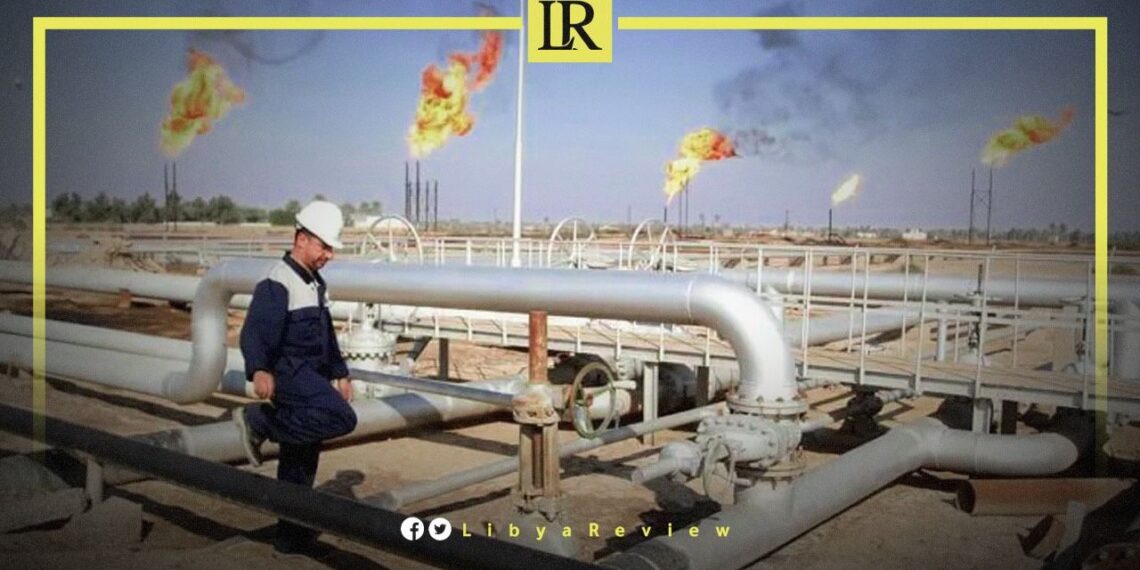On Monday, the Libyan Ministry of Oil and Gas announced that oil revenues from concession and production-sharing agreements reached 1.37 billion Libyan dinars (LYD) in April. These revenues include royalties and taxes derived from the production and exportation of crude oil.
According to the ministry’s General Administration for Company Accounting, the revenues were collected from agreements with major oil corporations such as ConocoPhillips and Total Energies, totaling approximately 1.375 billion dinars.
A recent article from “Jeune Afrique,” a French magazine, spotlighted Libya’s ascendancy in the African oil market, surpassing Nigeria to become the continent’s leading oil producer as of March. This development brings Libya’s oil production closer to its levels before 2011, which were among the highest in its history.
According to the report, Libya achieved an oil output of 1.24 million barrels per day in March, a figure that unexpectedly exceeded the expectations of the Organization of the Petroleum Exporting Countries (OPEC). This surge places Libya ahead of Nigeria, which has been grappling with economic difficulties.
OPEC’s latest production data, covering 12 countries, indicates that Libya’s current output is approaching the peak production of 1.6 million barrels per day seen in January 2011.
The revival of Libya’s oil industry is pivotal for its economic stabilization and development, indicating a significant rebound in one of the country’s key economic sectors. The enhanced oil revenue is anticipated to substantially aid Libya’s broader economic recovery efforts and foster growth in an economy that has faced numerous challenges over the last decade.
Earlier this month, Libya’s Acting Minister of Oil and Gas, Khalifa Abdulsadek, announced that the Italian company Eni has been granted rights for oil and gas development and extraction in the Hammada field.
In an Interview with CNBC Arabia, the newly assigned minister said Eni will lead a consortium of companies in developing the field, pending approval from the National Oil Corporation and the Supreme Council of Energy.
He noted that current oil production exceeds 1.2 million barrels per day, expected to reach 1.4 million by year-end and 2 million within three years. Oil represents nearly 95% of Libya’s income source.


